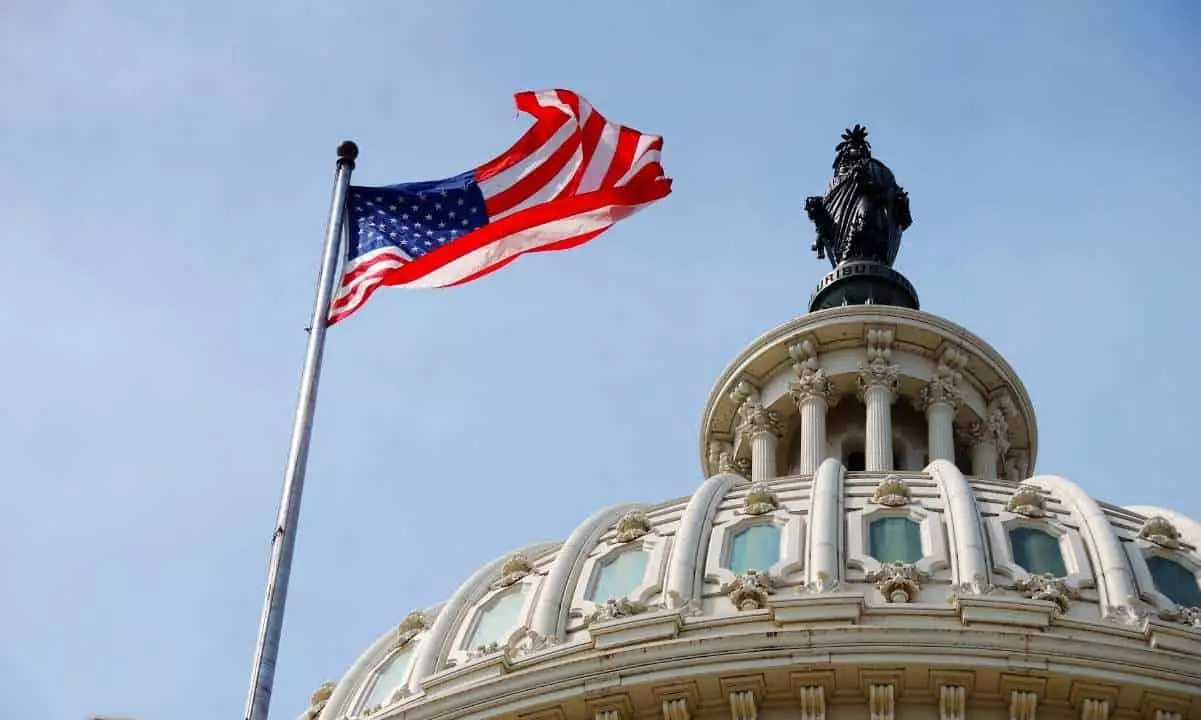In a significant move towards the regulation of digital assets, the U.S. Senate Banking Committee is reportedly set to form its inaugural subcommittee dedicated to cryptocurrency. This initiative, under the leadership of Chairman Tim Scott, signals a pivotal shift in how the Senate addresses the burgeoning cryptocurrency sector. As the industry continues to evolve, the need for structured oversight becomes increasingly apparent. The introduction of this subcommittee represents not just a bureaucratic expansion, but a serious acknowledgment of the complexities and impacts of cryptocurrency on the financial landscape.
The appointment of Senator Cynthia Lummis as the potential head of this subcommittee is particularly noteworthy. Lummis, a staunch advocate for cryptocurrency, brings a wealth of knowledge and experience to the table. However, her official leadership role hinges on a forthcoming approval vote, underlining the initial hurdles associated with such political maneuvers. This development illuminates the balancing act the Senate must perform as it navigates between enthusiastic support for innovation and the need for regulatory clarity.
The move to establish this subcommittee is in part inspired by similar efforts in the House of Representatives. Specifically, the subcommittee spearheaded by Congressman Patrick McHenry in 2023 under the House Financial Services Committee has laid the groundwork for a comprehensive approach to cryptocurrency regulation. The passage of the Financial Innovation and Technology for the 21st Century Act (FIT21) further demonstrates a legislative commitment to define and clarify the roles of various regulatory bodies overseeing the digital asset space.
Congressman French Hill, a co-author of FIT21, articulated the essential consumer protections embedded in the legislation. By delineating agencies’ responsibilities, the bill seeks to avert potential crises similar to the collapse of FTX. The prohibition against the commingling of customer funds has emerged as a crucial aspect of this regulatory framework, designed to safeguard investors and enhance overall market trust. This emphasis on consumer protection is a critical element that will likely inform the directive of the new Senate subcommittee.
The composition of the new subcommittee has also garnered attention. Alongside Lummis, several Republican members known as passionate proponents of cryptocurrencies have been selected, including newly elected senators and experienced legislators. Their collective support for cryptocurrency reflects a broader ideological alignment within the Republican party, particularly as they regain control of the Senate.
However, the inclusion of Democratic leadership remains uncertain, creating a potential cause for contention. Notably, Senator Elizabeth Warren, a recognized critic of cryptocurrency, stands out as the most senior Democratic member on the Banking Committee. Her stance on the regulation of digital assets could introduce a challenging dynamic for the subcommittee as it strives to balance innovation with financial accountability and consumer protection.
The establishment of this subcommittee comes at a time of renewed optimism within the Republican party, coinciding with the upcoming presidential inauguration. With Donald Trump’s administration poised to take charge, there is considerable anticipation regarding their legislative agenda. Trump’s longstanding ambition to position the U.S. as a leader in the digital asset space aligns closely with the objectives of the new subcommittee.
As both Congress and the administration are unified under Republican control, the potential for legislative breakthroughs in cryptocurrency regulation has never appeared more promising. This eagerness to embrace and regulate the digital asset landscape could, if developed thoughtfully, catalyze further innovation, while establishing a robust legal framework necessary for investor confidence.
The formation of the Senate Banking Committee’s cryptocurrency subcommittee epitomizes the ongoing evolution in regulatory oversight for digital assets in the United States. By pursuing thoughtful legislation, balancing innovation and regulatory necessity, and fostering a conversation that includes diverse perspectives, lawmakers could lay the groundwork for a vibrant and secure cryptocurrency market. The future of digital assets legislation hangs in the balance, with this subcommittee standing at the forefront of that crucial dialogue.
















Leave a Reply